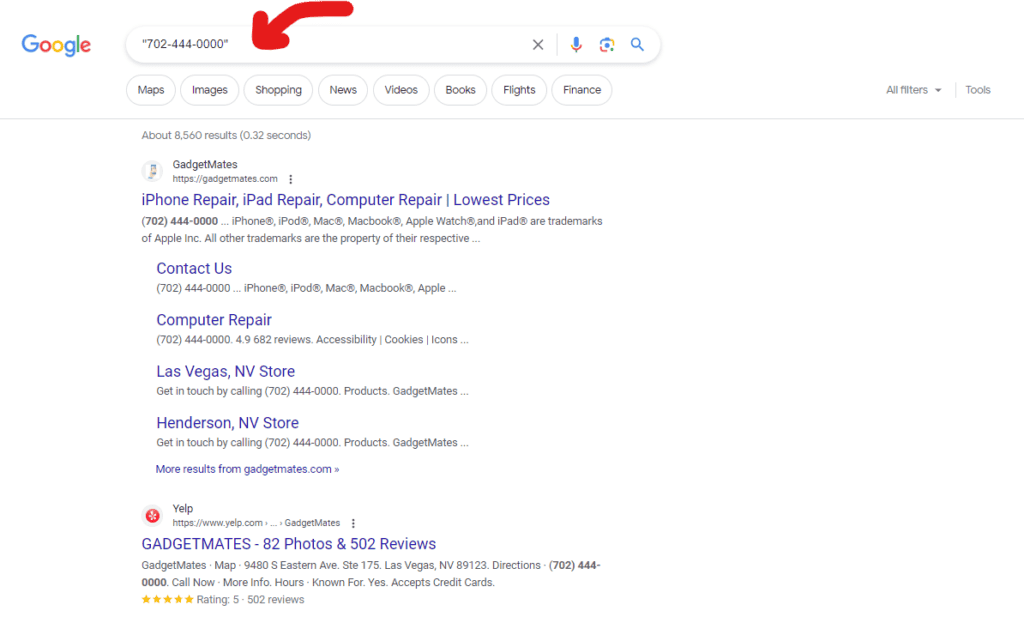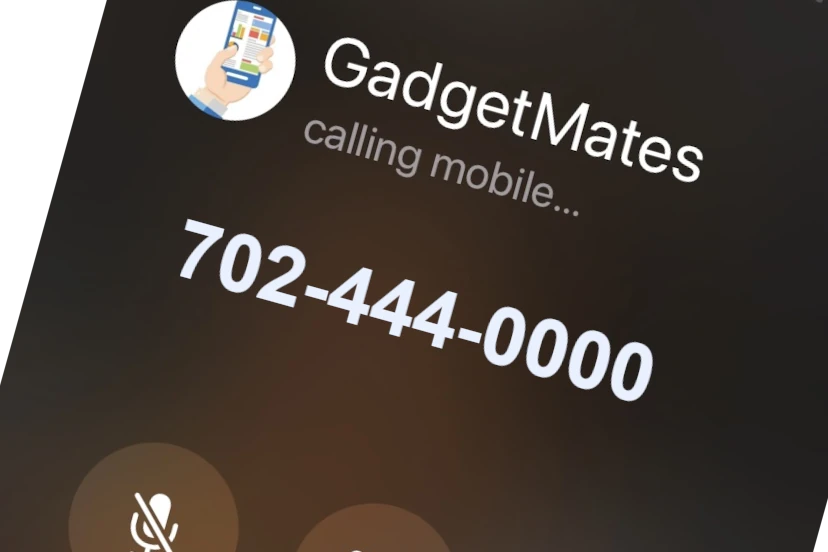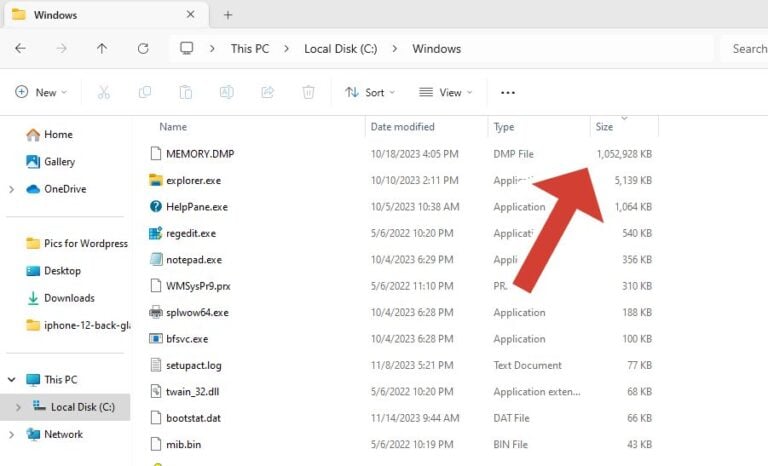Tracking a phone number may sound like something from a spy movie, but with technology advancing so quickly, it’s not just fiction. The short answer is yes, it’s possible to track a phone number, but it’s not as simple as you might think. In summary, tracking a phone number can be helpful in some situations, but it’s important to respect privacy, stay within legal limits, and use this technology responsibly. Whether you’re a worried parent, often misplace your phone, or simply curious about the technology, remember that having this ability also brings the responsibility to use it wisely.
Tracking a phone number can mean different things — from finding a lost phone, to identifying an unknown caller, to locating someone in real time.
While there are legitimate ways to do this, privacy laws strictly limit what individuals can do without consent.
⚖️ 1. Understanding What “Tracking a Phone Number” Means
Before proceeding, it’s important to clarify what you’re trying to do:
| Goal | Legal Method | Notes |
|---|---|---|
| Find a lost/stolen phone | Use built-in tracking apps (Find My iPhone, Find My Device) | Legal and recommended |
| Identify a caller | Use reverse lookup services | Legal if data is public |
| Locate another person’s phone | Only with their consent or under legal authority | Unauthorized tracking is illegal |
| Track an employee’s or child’s device | Only if you own the device or have consent | Must comply with privacy laws |
(Source: IPLocation.net, Leaders in Law)
🛰️ 2. Legal Ways to Track a Phone Number
A. Find a Lost or Stolen Phone
- iPhone: Use Find My iPhone via iCloud or the Find My app.
- Android: Use Google’s Find My Device at google.com/android/find.
These services use GPS and network data to show the phone’s location.
B. Reverse Phone Lookup
If you want to know who owns a number:
- Use legitimate lookup tools like Truecaller, Whitepages, or BeenVerified.
- These can reveal publicly available information (name, city, carrier, etc.).
- They cannot show a live location.
(Source: IPLocation.net)
C. Family or Employee Tracking (With Consent)
- Use apps like Life360, Google Family Link, or Apple Family Sharing.
- Employers can use MDM (Mobile Device Management) tools to track company-owned phones — but only with clear consent and policy disclosure.
🚫 3. What’s Illegal or Unethical
It’s illegal in most countries to:
- Track someone’s phone without their explicit consent.
- Use spyware or GPS tracking apps covertly.
- Access telecom or GPS data without a warrant.
Law enforcement can track numbers only with proper legal authorization (source: LegalClarity.org).
🕵️ 4. What Law Enforcement Can Do
Police and authorized agencies can:
- Request cell tower data from carriers.
- Use GPS triangulation or IMEI tracking to locate a device.
- Access this information only under a court order or emergency law.
Ordinary citizens do not have access to these tools.
(Source: LegalClarity)
🧩 5. If You Need to Track a Phone for Legitimate Reasons
Here’s what you can do safely:
- Get consent from the person you’re tracking.
- Use official apps (Find My, Life360, Family Link).
- Avoid third-party “spy” apps — many are scams or illegal.
- If your phone is stolen, report it to your carrier and local authorities — they can block or locate it legally.
(Source: ESPLawyers)
🧠 Summary
| Method | Legal? | Requires Consent? | Real-Time Location? |
|---|---|---|---|
| Find My iPhone / Find My Device | ✅ | Only your own device | ✅ |
| Reverse lookup | ✅ | ❌ (public info only) | ❌ |
| Family tracking apps | ✅ | ✅ | ✅ |
| Spyware / secret tracking | ❌ | ❌ | ✅ (but illegal) |
| Police tracking | ✅ | Court order or emergency | ✅ |
💬 Bottom Line
Yes — there are ways to track a phone number, but only within legal limits.
You can locate your own phone, identify public information, or track consenting family members or employees using approved apps.
Anything beyond that — especially tracking someone secretly — is against the law in most countries.
Understanding Phone Number Tracking: Legitimate Methods and Limitations
Tracking a phone number is possible, but it’s important to understand the legitimate methods and limitations involved. Here’s a breakdown of situations where phone number tracking is possible and how to stay safe.
When Can Phone Numbers Be Tracked?
- Parental Controls: Parental control apps often allow parents to track the location of a child’s phone for safety purposes. These apps require installation on the child’s device and consent.
- Tracking Your Own Devices: Phone tracking can help you find a lost or stolen device if you’ve set up location-sharing features on your smartphone beforehand.
- Law Enforcement: Authorities can legally track phone numbers with a warrant for criminal investigations.
- Phone Carriers: Cell phone carriers track the general location of phones connected to their network, but accessing this data typically requires a legal reason.
Phone Number Tracking Scams
Beware of spam texts or websites claiming to track a phone number for free or just by entering the number. These are often scams designed to steal personal information or install malware.
How to Protect Yourself
- Be cautious about sharing your phone number: Only give your number to trusted websites or individuals.
- Avoid clicking on suspicious links: Links promising phone number tracking can be dangerous.
- Use reputable security software: Antivirus and anti-malware software can help protect your devices and data.
- Report scams: If you receive a suspicious text or message, report it to the proper authorities.
Important Considerations
| Factor | Description |
|---|---|
| Consent | Tracking someone’s phone without their permission is often illegal. |
| Limitations | Many online ‘phone trackers’ are inaccurate or scams. |
| Alternatives | If concerned about a loved one’s safety, consider using family location sharing apps with mutual consent. |
Remember: Legitimate phone tracking methods typically require consent or legal authorization. Avoid online phone-tracking services that seem too good to be true.
Tracking a Phone Number: Methods and Legalities
| Method | Can You Track? | Legal? | Notes |
|---|---|---|---|
| Carrier lookup services | Limited information (city, state). | Usually yes, but depends on service and purpose. | Often require a subscription and may not be accurate. |
| Social media and online searches | Public information only. | Always yes for public information. | Be cautious of privacy violations and misleading results. |
| Mobile apps | Varied capabilities, from location sharing to app-specific tracking. | Depends on app, user consent, and purpose. | Many require permission and raise privacy concerns. |
| Spyware and hacking | Potentially, but highly illegal and unethical. | Never legal. | Can have serious consequences and security risks. |
| Law enforcement | Yes, with a warrant and for legitimate reasons. | Requires legal justification and court approval. | Not accessible to the general public. |
Important to Remember:
- Tracking someone’s phone number without their consent is a serious invasion of privacy and potentially illegal.
- Legitimate methods often have limitations and require permission or legal authorization.
- Respecting privacy and using ethical methods is crucial.
Alternatives to Consider:
- Communicate directly with the person you’re trying to reach.
- Use find-my-phone features if they’re enabled on their device (with their consent).
- Seek help from law enforcement if there’s a safety concern and legal basis.

Understanding the Basics
First off, tracking a phone number isn’t just about finding the exact location of a person. There are privacy laws to consider, and for good reasons. However, certain situations, like finding a lost phone or ensuring the safety of loved ones, may require tracking a phone number.
The Legal Landscape
Before diving into the how-to, it’s crucial to touch on legality. Tracking someone’s phone without their consent is generally illegal. There are exceptions, like parents monitoring their minor children or employers tracking company-owned devices, but always make sure you’re on the right side of the law.
Tracking Methods
Now, let’s look at the ways phone numbers can be tracked:
- Network Provider Services: Most cell phone carriers offer family tracking services as part of their plans. They allow you to see the location of family members’ phones on a map. Remember, consent is key here.
- GPS Technology: Smartphones come equipped with GPS. Apps like Find My iPhone or Google’s Find My Device leverage this technology to locate a lost or stolen phone. Again, you need access to the phone to set these services up.
- Third-Party Apps: There are numerous apps available that claim to track phone numbers. Be cautious with these; many are not reliable or may compromise privacy.
- Emergency Services: In emergencies, authorities can track a phone number’s location, but this is strictly regulated.
Practical Scenarios
Imagine you’ve lost your phone at a cafe. Using a device-tracking app, you can pinpoint its exact location. Or, if you’re a parent, tracking your child’s phone number might give you peace of mind when they’re out with friends.
A Word on Accuracy
It’s important to note that tracking isn’t always pinpoint accurate. Factors like the phone’s signal strength and GPS settings can affect location accuracy.
The Tech Angle
Technologically speaking, tracking a phone involves a mix of GPS data, cell tower triangulation, and sometimes Wi-Fi network data. This tech is constantly improving, offering more precise locations.
Ethical Considerations
It’s worth mentioning the ethical side of things. Just because you can track a phone number, should you? Respect for privacy is paramount, and trust is key in any relationship.
Frequently Asked Questions
Can I track someone’s phone number for free?
Yes and no. If you’re looking to use your phone’s built-in services like Find My iPhone for Apple devices or Find My Device for Android, these are free to use but require setup in advance. For real-time tracking of another person’s phone without their consent (which, remember, is a legal gray area unless it’s your minor child or an employee with a company phone), most reliable services come with a fee. Free apps claiming to do this often have limitations or may not be trustworthy.
Will the person know I am tracking their phone number?
With most legitimate tracking services, yes, the person will be notified or must consent beforehand. For example, family tracking services provided by carriers send a notification to the person being tracked. Transparency is key in legal and ethical tracking. If you’re using a service that doesn’t notify the person, it’s likely infringing on privacy laws and personal ethics.
What should I do if I lose my phone and haven’t set up a tracking app?
Your first step should be to contact your network provider. They might be able to help you locate your phone using your number. While they may not provide you with the exact location, they can offer services like locking your phone or making it ring. Additionally, consider using cloud-based services like Google’s or Apple’s to locate your device. These platforms often have a way to access location services if you’re logged into your account on another device. However, for future peace of mind, setting up a tracking app as a precaution is always a good idea.







